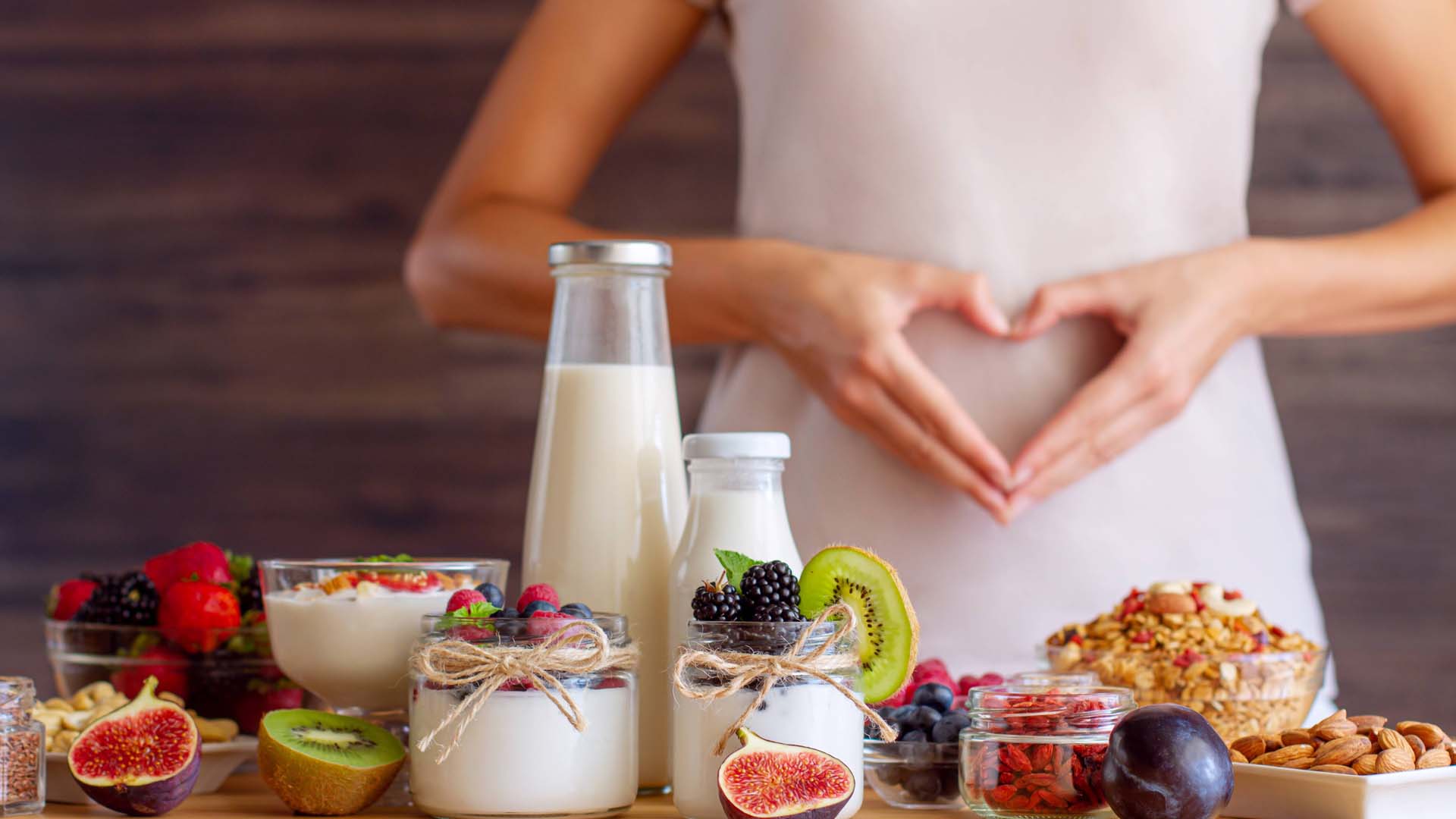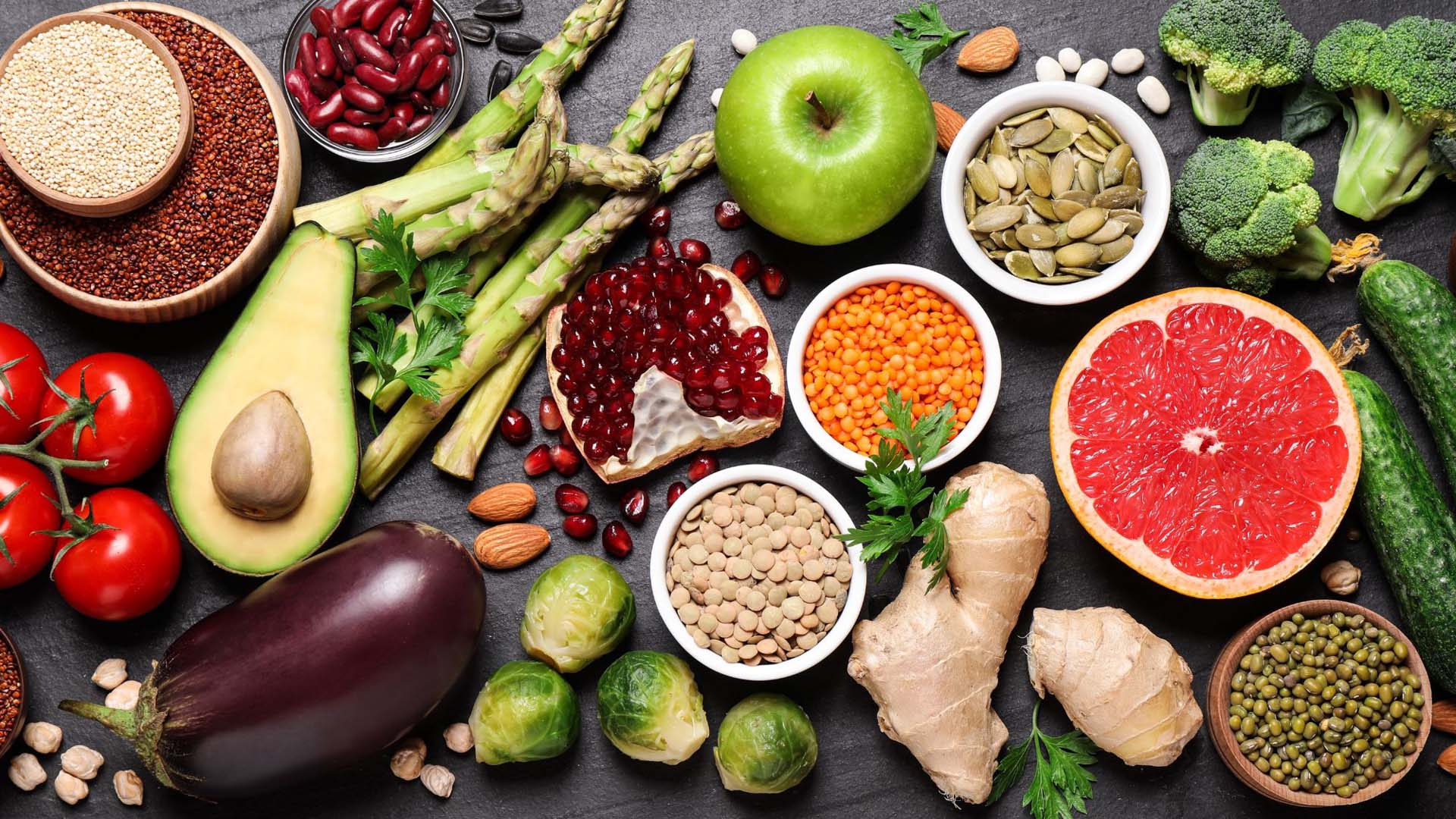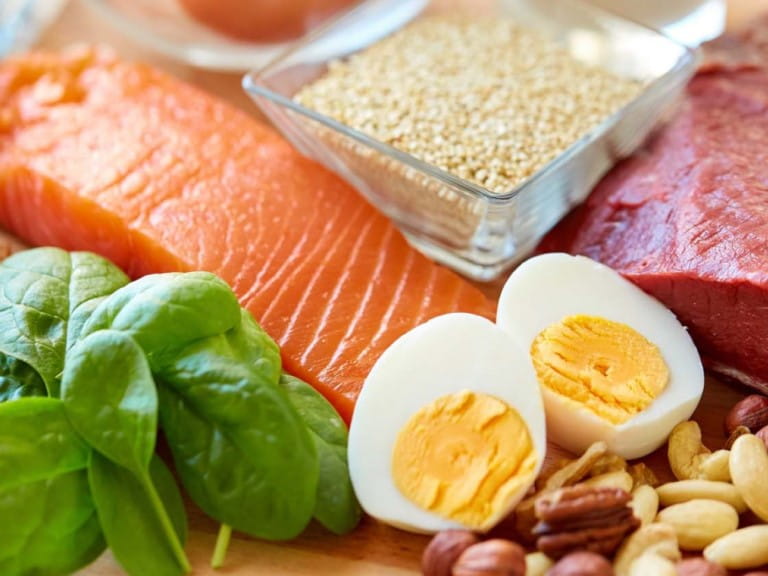Eggs: are they healthy or not?
Once considered a cholesterol-raising villain, have eggs finally been proven to be good for you? We unscramble the facts.

Once considered a cholesterol-raising villain, have eggs finally been proven to be good for you? We unscramble the facts.

Whether poached, hard-boiled or fried, you probably still serve your eggs with a dollop of doubt. Are they a healthy option? What about cholesterol levels? How many is too many?
From the positive “Go to work on an egg” campaign of the 1950s and 1960s, to the salmonella scare and then the dire cholesterol warnings of the 1980s and beyond, eggs have certainly had a chequered history.
“In the 20 years that I’ve been a dietitian, I’ve seen recommendations around eggs change many times,” says Victoria Taylor, senior dietitian at the British Heart Foundation (BHF).
“It’s not surprising that the most common question I’m asked by a confused public is whether it’s safe to eat them if you have cardiovascular disease.
“The answer is yes, eggs can be included within a balanced diet. That means we still need to think about how we cook them or what we eat them with, but for most of us there are no specific limits on how many you should eat.”
Older studies stated that the high cholesterol in yolks (177mg in a medium egg) raised our own levels of cholesterol, and therefore increased the risk of heart disease.
But it is now known that, for most people, dietary cholesterol does not significantly raise blood cholesterol. In fact, only a third of our cholesterol comes from our diet (our liver makes the rest).
“Previous studies have been observational, so only show an association rather than cause and effect,” says Taylor. “It was difficult to pull out whether it was eggs or the rest of the diet that was increasing the risk.
“Saturated fats found in foods like processed and red meat, butter, biscuits and cakes, pastry and some dairy foods are now known to have a much more harmful effect on your levels of ‘bad’ cholesterol than dietary cholesterol.”
A study of 177,000 people in 50 countries published in The American Journal of Clinical Nutrition in 2020 backed this, finding no significant association between the consumption of eggs and raised blood lipids or cardiovascular disease.
And an eight-year Chinese study published in 2022 went further, finding that eating three to six eggs a week was associated with a lower risk of mortality than eating none.

Health bodies used to advise eating no more than four eggs a week. But in 2000, the then Department of Health changed their advice, and there is now no upper limit for healthy adults.
Most recently, analysis of the diet of 8,000 older people (mostly in Australia) published in 2025 found that those who ate 1-6 eggs a week had the lowest risk of death during the study, which is ongoing.
The news is even good for people at risk of heart disease. Original National Institute for Clinical Excellence (NICE) guidelines from 2014 advised those at risk to eat less than 300mg a day of dietary cholesterol, but that guidance was removed in 2023.
There is an exception to the rule, says Taylor. “People who have familial hypercholesterolemia [an inherited condition where you have exceptionally high levels of cholesterol] are still advised by NICE to eat less than 300mg of dietary cholesterol a day, as they need to take more care than the general population.”
Eggs are like a supplement in natural packaging, and the yolk is the most nutrient-dense part,” says Laura Southern, a nutritionist from London Food Therapy.
“Egg white is just 90% water and 10% protein. When advising older clients on ways to protect their bones and brains, I always recommend eggs because they are an easy, inexpensive way to pack in a lot of protein and vitamins.”
Protein is especially important for the over-60s, agrees Dr Sue Reeves, a nutritionist at the University of Roehampton. “It helps maintain muscle mass and delay frailty,” she says.
“Because eggs work well in breakfast, lunch or dinner, they encourage a more even distribution of protein throughout the day, which has been shown to better stimulate muscle growth than skewing all protein consumption to the evening meal.”
Protein also helps you feel fuller for longer, which might explain why people who eat at least five eggs a week are slimmer than those eating none, according to a Spanish study published in Clinical Nutrition in 2022.
Not only are eggs a good source of vitamin B12 (essential for cognition and energy), vitamin A (eye health) and vitamin D (bone health, immunity), they are abundant in two lesser-known nutrients: lutein and choline.
“Lutein is a polyphenol antioxidant found in yellow and orange foods, and eggs are one of the most concentrated sources of it,” says Southern. “Supportive of the retina, it can prevent cataracts and macular degeneration.”
Choline is an essential nutrient for brain health, yet 90% of the US population is deficient in it, according to figures (similar data does not exist for the UK).
“Because it helps with focus and memory, it’s often used in supplement form for children with ADHD, but it’s just as beneficial for older adults,” says Southern.
One US study has even linked choline deficiency to an increased risk of Alzheimer’s. Two eggs contain more than 50% of your recommended daily amount, and studies have shown that the natural choline in eggs is better absorbed than supplements.
“The fat contained in eggs acts as a carrier for nutrients such as choline, and fat-soluble vitamins A and D, allowing the body to access them more easily,” Southern adds.

Figures based on a medium egg:
* Nutrient reference value, the amount considered adequate to prevent deficiency.

Find out about Saga's gastronomy holidays here...
They say the way to the heart is through the stomach, and Saga’s thoughtfully crafted food and wine holidays are perfect if you like trying new flavours and exploring traditional methods of cooking.

Get 3 months free, plus a £125 Totally Rewards Wellness Gift Card when you start a new policy by the end of 19 February 2026. T&Cs apply.
Underwritten by Bupa Insurance Limited.

Expert nutritionists break down the most important foods to eat in each decade as we get older.

We reveal the 7 best tinned foods to supercharge your health while saving you time and money.

From ketchup to mayo – how healthy are your sauces? We find out the pitfalls and surprising benefits of our favourite condiments.

Could honey be the sweetest way to supercharge your health this year? Our experts explain the benefits and which to buy.

Our expert guide to the common foods you shouldn't mix with prescription drugs.

Experts reveal whether chilled supermarket soups are worth the extra cost and if some flavours are better for you than others.

Looking after your gut health could be one of the biggest things that you can do for your overall health. Here are the best foods to keep your gut happy.

The foods that could help you live longer and protect against chronic illness.



Everything you need to know about protein, from how it benefits your body to the best high-protein foods – and how much you really need.